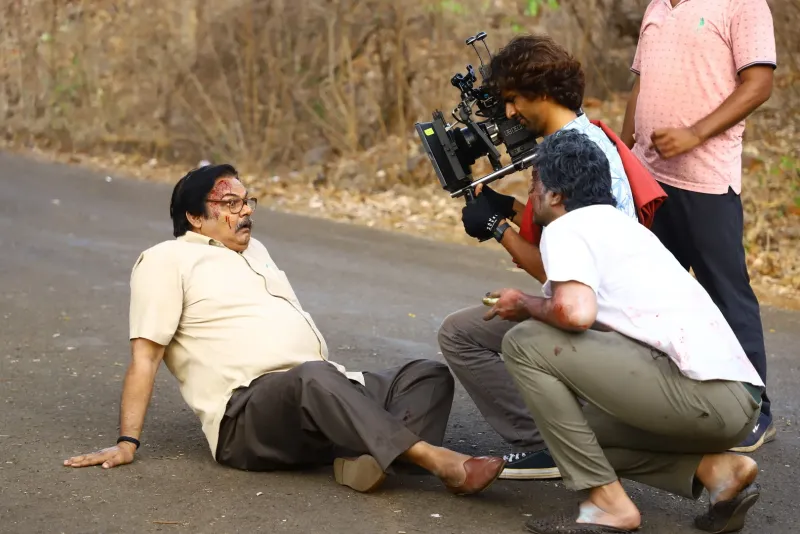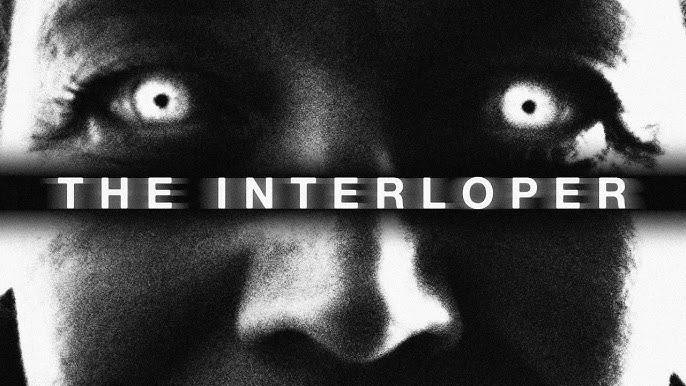Davis is seeing his therapist Dr. Stone, who scribbles in his notebook during the entire session. He starts talking about a recent incident in his life, but the therapist wants him to express his feelings instead of judging other people. But then the session takes a tense turn, as Davis makes a seeming joke about self-harm that sends up red flags for Dr. Stone. But as Davis continues to talk about a racially charged incident he experienced as a Black man and emotions begin to run high, the lines between therapist-client begin to blur into a more complex yet compassionate relationship. Written and directed by Matthew Law (who also plays Davis), this short drama has an initially fragmented style inspired by film noir, full of off-kilter, almost abstractly framed images, and restless editing. With its elegantly black-and-white cinematography, there's a tension created in the craft, one that reflects the tension in the writing and performances, which explore the psychological toll of racism. The excellent writing takes advantage of the unusual intimacy of its setting to dig deep quickly, as Dr. Stone prods Davis, who has a history of violence, to move beyond angry judgment and defensiveness into owning the pain and suffering that's their real root. This is the work of much of contemporary therapy, but it takes on added meaning when dealing with the burdens of racism, both as the subject of conversation and as an underlying factor in how clients are perceived. Actors Shaun Clay and Law as doctor and patient, respectively, turn in excellent, vulnerable performances as they hash out the intricacies of accountability and validation

Related article - African original series by Prime Video

The climax comes when Davis finally drills down to what he needs: he wants Dr. Stone to see him not as a patient to be diagnosed and monitored, but as a fellow Black man who understands why seemingly minor incidents can feel hugely demoralizing and painful. In doing so, Davis finds a space to unleash his pain. Lucid, rawly compelling, and artful, "True Story: I Feel" explores the psychological toll of racism, as well as both the necessity and limitations of mental health care. One man must admit his helplessness and pain and learn to safely express his rage and sadness. The other must overcome his own internalized ideas of violence and Black men. They meet finally in a space of raw compassion. In the end, there is a sense of respite and even brightness for Davis. It doesn't change everything, but it offers a spot of strength for him going forward into a world often hostile to his very existence.



